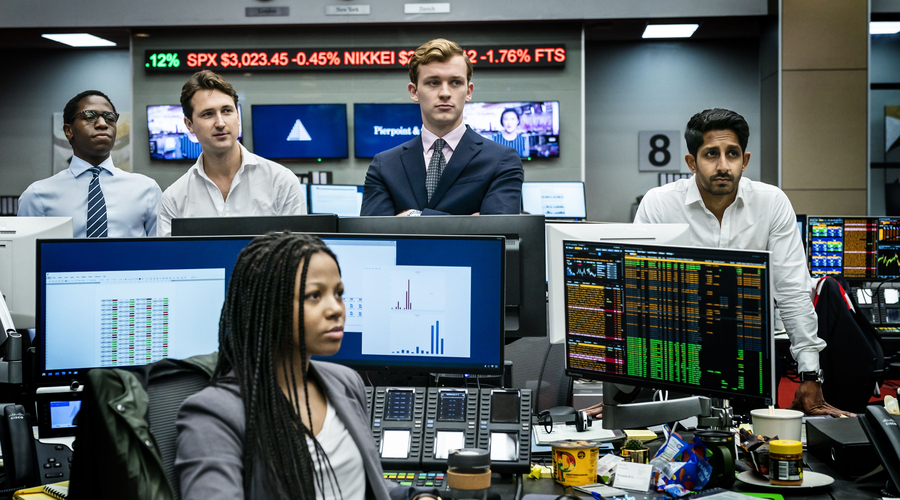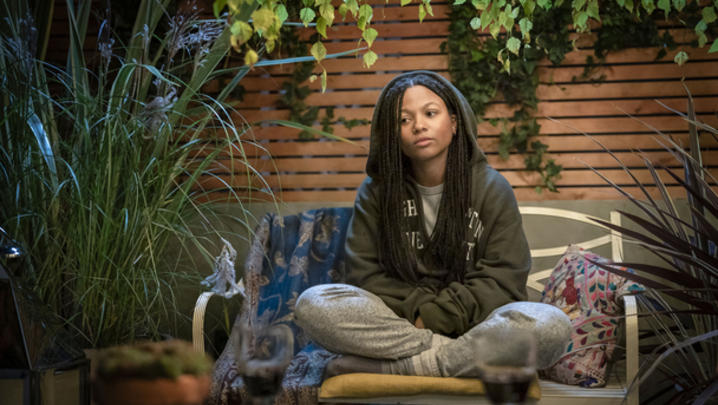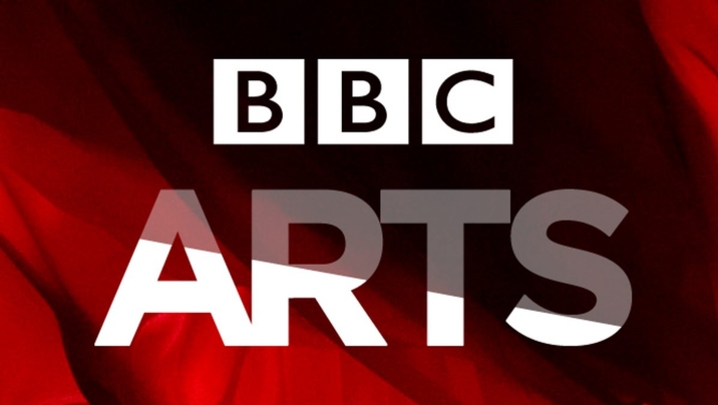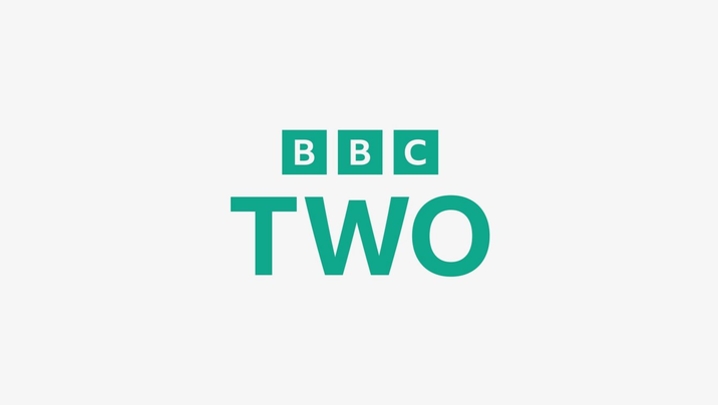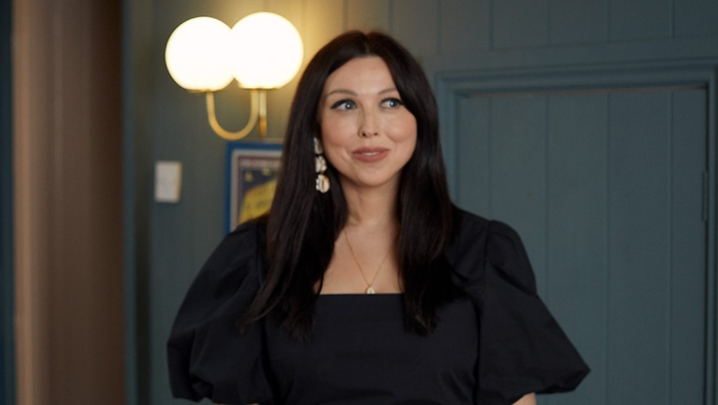It’s not often that getting fired from a lucrative finance job turns out to be the best thing to happen to one’s career.
Such was the case for Konrad Kay, the co-creator of the new HBO and BBC drama Industry. After three years at a top American investment bank, Kay was ultimately sacked for being ‘the worst salesman the bank had ever seen’.
“I think my boss actually said that to me almost word for word,” he laughs, “but I didn’t leave under a cloud, we were really good mates. I thought it was totally fair”.
Both Kay and his collaborator Mickey Down cut their teeth in the hyper-competitive world of finance after university. While Down bowed out after fifteen months to pursue a career in screenwriting, the stable job and corresponding lifestyle proved too seductive for Kay, who had to be given the boot before their writing partnership could finally begin.
“I was never going to make the decision to leave,” Kay admits. “But then it was taken out of my hands by the universe, and it was the best thing that ever happened”.
What they may have lacked in financial nous, they make up for in writing talent, with two of the industry’s largest creative powerhouses, HBO and the BBC, signing on at an early stage of development to bring the relative newcomers’ project to fruition.
“It was insane working with Lena [Dunham]. It was quite surreal that she was involved in it.”
The pair have since spent the past four years committing their experiences to paper, and now the screen, with their debut television series, Industry. “We tried to capture the exhilaration of going into a first job, which, especially for the first few months, is really exciting,” Down says.
The series follows a group of new graduates battling it out to distinguish themselves from the pack and win a select number of permanent positions at an investment bank, Pierpoint & Co.

(credit: BBC/ Bad Wolf)
With cocaine fuelled nights entertaining clients followed by study-drug powered days securing deals, the series shines a light on the hedonism and horror that comes with starting a high-income career in your early 20s. In a decadent world of drugs, sex, and Forex, the modus operandi to ‘work hard and play hard’ inevitably mounts insurmountable pressure on the young professionals.
Newcomer Myha’la Herrold leads the series as Harper Stern, an American woman trying to find her feet in the alien and exclusive world of London’s financial district. “I think this is the closest thing to a meritocracy there is, and I only ever want to be judged on the strength of my abilities,” Harper tells her interviewer, Eric Tao (Ken Leung, The Sopranos), who will later become her hard-driving mentor.
According to Kay, this notion of a pure meritocracy is a myth often told to graduates when they start at such an institution. “They sell you an idea that the moment you walk through the door it doesn’t matter where you come from: your socioeconomic background, your gender, your race, your class. You’re all put on the same starting line and they fire the gun and you’re told to go,” Kay explains.
Industry debunks this illusion that the trading floor exists within a utopian, privilege-free vacuum; whether it's Hari (Nabhaan Rizwan, Informer) pushing himself to breaking point to shirk his sense of working-class inferiority, or Yasmin (Marisa Abela) struggling to assert herself in front of her manager's aggressive machismo, each character has their own obstacles.

(credit: BBC/ Bad Wolf)
The mentors can be the only people who determine whether the graduates sink or swim, and Harper’s dynamic with her mentor Eric becomes a key focus of the series.
“Eric came from a background where nothing was given to him, and I think he sees that in Harper,” Kay says. “He thinks she’s ruthless, which you need to be, and brilliant. She probably has the best brain of the five graduates.”
“They gravitate towards each other because they want the same thing, which is, basically, success at any cost,” Down adds.
With a toxic work culture that sees superiors exert aggressive management styles, which often verge on bullying, Industry asks whether the result of excellence can ever excuse the methods.
Kay and Down were able to enjoy a more benevolent mentorship while working on the show, from Lena Dunham who directed the series opener. Having created her own HBO show eight years prior at a similarly young age, Dunham was able to offer invaluable advice.
“Lena was very upfront about the fact that she didn’t know anything about finance,” Down says. “She said, ‘look, I’m here to support you as someone who’s done this before’. She worked like a jobbing director and helped us when we needed it.”
Kay adds: “She was very hands-off and also very supportive and empowering.”
With the creative team behind #IndustryHBO... Never thought I’d be in Wales helping 2 hetero men make a show. But I also thought I’d be a prima ballerina who kept pigs when I grew up...so every day is a winding road. pic.twitter.com/jx1J7kxI6g
— Lena Dunham (@lenadunham) July 1, 2019
In an interview discovered from 2014, a baby-faced Kay and Down cite Lena Dunham and Girls as a key inspiration for their writing. Six years later, the pair have Dunham’s backing on their first major project.
“It was insane working with Lena,” says Down. “It was quite surreal that she was involved in it.”
“In hindsight, because it was a few years ago, it's kind of easy to forget how good Girls was; how ground-breaking, how well-written, how well-acted, just everything about it is absolutely first rate,” Kay enthuses. “We were just really humbled that she wanted to be involved at all.”
While very few of us are working in an office right now, Industry is an incredibly contemporary show in its themes. The tension between the established old boys club running the bank and the attempts of some workers to pull Pierpoint into the 21st century is one that drives the drama of the series. “We’re trying to depict some sort of cultural shift in finance,” Kay says.
Even in the few years since Down and Kay were working in banking, the sector seems to have evolved to better suit the times. In a true story that sounds more like a scene from The Wolf of Wall Street, Down recalls one day in the office seeing a colleague being forced to do 50 push-ups while having McDonalds stuffed in their mouth, because they were late to work.
“That stuff just would not fly today,” Kay acknowledges.
Down hopes that Industry will pose questions to viewers that stay with them, but also hopes they have fun watching it too.
“I just want people to be unable to stop watching basically,” Kay adds.
With help from Nathan Micay’s entrancing techno score, the series is a thrilling and, at times, outrageous watch that will have you longing for the return of nightlife. It may just achieve the impossible and leave you yearning for the office too.
Industry airs on BBC Two on 10 November at 9:15pm.
Industry has since been renewed for a second series.

